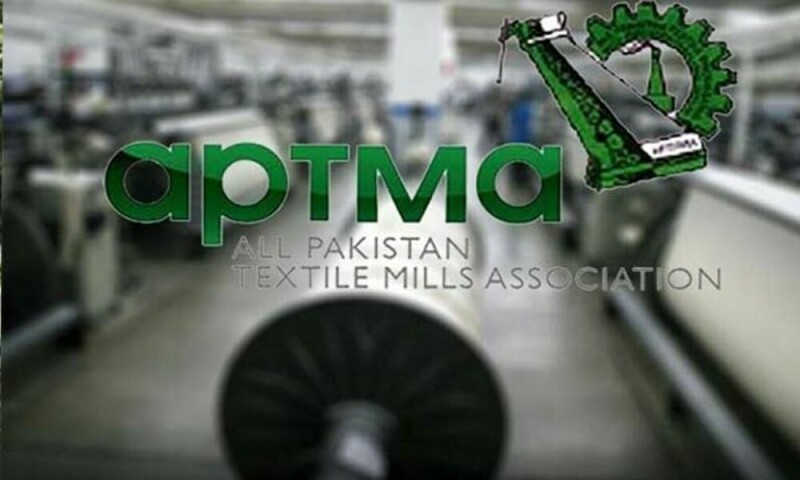ISLAMABAD: All Pakistan Textile Mills Association (APTMA) has sought the Prime Minister’s support for the supply of gas for captive users at ring-fenced RLNG prices, free from cross subsidies, excessive unaccounted for gas (UFG) rates, and additional levies, besides a permission for the textile sector to directly import its own LNG.
In a letter to Prime Minister Shehbaz Sharif, APTMA Chairman Kamran Arshad stated that over the past two years, the gas price for captive power generation has increased from Rs 1,100/MMBtu to Rs 3,500/MMBtu.
Additionally, a new levy of Rs 791/MMBtu has been imposed, bringing the total to Rs 4,291/MMBtu ($15.38). Arshad emphasised that the industry cannot compete at this rate, especially since competitors in India, Bangladesh, and China access gas at $6–9/MMBtu, putting over $18 billion in exports at risk.
APTMA speaks about challenges facing industry
APTMA believes that the ongoing escalation of gas tariffs, coupled with the additional levy, is making the textile sector globally uncompetitive. The Association argued that energy pricing should be based on efficiency, international benchmarks, and market principles, rather than being distorted by cross-subsidies and inefficiencies.
Therefore, APTMA has urged the government to: (i) provide gas for captive users at ring-fenced RLNG prices, free from cross subsidies, excessive unaccounted for gas (UFG) rates, and additional levies. Industries are willing to have their co-generation facilities audited by reputable third parties to verify efficiency and compliance with best practices. In this regard, APTMA has requested a period of two months to arrange the audit and obtain confirmation of cogeneration status.
It further stated that at full price of RLNG, the cost of power generation for single-cycle captive plants is higher than the grid price; as such industries running these plants will shift to the grid, as most have already, and only cogeneration plants will continue operating given their efficiency and productivity benefits.
APTMA further urged the authorities to allow the textile sector to procure 35% of new domestic gas discoveries under the Third Party Access framework through competitive bidding to ensure transparent allocation. And permit APTMA to directly import LNG for supply to its members under Third Party Access regulations. “We are currently being offered RLNG at an ex-delivery price of $9/Mmbtu, which is significantly more competitive than existing domestic gas pricing structures. The industry is not seeking subsidies— only a rational, market-based energy pricing framework that reflects international benchmarks without artificially imposed burdens.
“The current approach is neither economically sustainable nor aligned with Pakistan’s broader industrial and export objectives. It is imperative that the government reconsider its policy direction and ensure that gas allocation and pricing decisions reflect efficiency, competitiveness, and fairness,” the letter stated.
According to APTMA, the entire process is marred with inconsistencies and errors: (i) the 2021 Cabinet Committee on Energy (CCoE) decision has been misrepresented to justify across the board elimination of captive sector. It allows for combined heat and power plants that are extremely efficient, of international standard, and essential for meeting climate taxes and targets, to continue; (ii) at Rs. 3,500/Mmbtu, the cost of captive generation is between 14-18 cents/kWh, while grid tariffs are 12 cents/kWh. There is no need for a levy; and (iii) despite this, a levy of Rs. 791/Mmbtu has been incorrectly calculated. Even according to the Ordinance, the levy comes to negative Rs. 556.31/Mmbtu.
“If the textile sector is to survive and thrive, its energy requirements must be met. The grid is not well-positioned to serve the full industrial energy demand.
Captive power generation, particularly cogeneration, is essential,“ he said adding that the industry seeks no subsidies, only the following market-driven measures: (i) supply gas at full RLNG cost, with no cross subsidies or levies; (ii) conduct transparent competitive bidding of 35% domestic gas discoveries under 3rd Party Access; and (iii) permit the textile sector to directly import its own LNG.
Copyright Business Recorder, 2025


